Fleurs du Mal Magazine


Or see the index
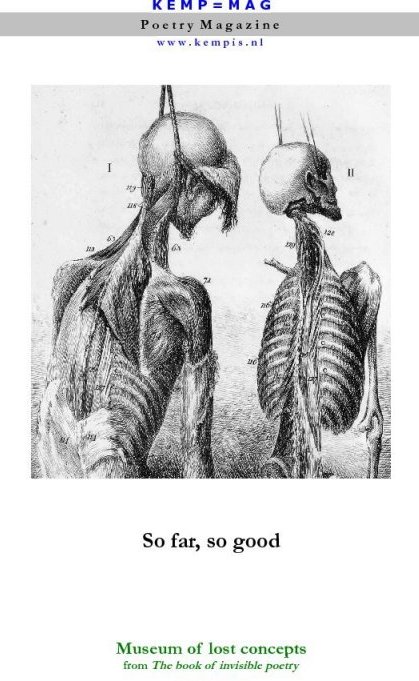
So far, so good (kemp=mag 2007-2008)
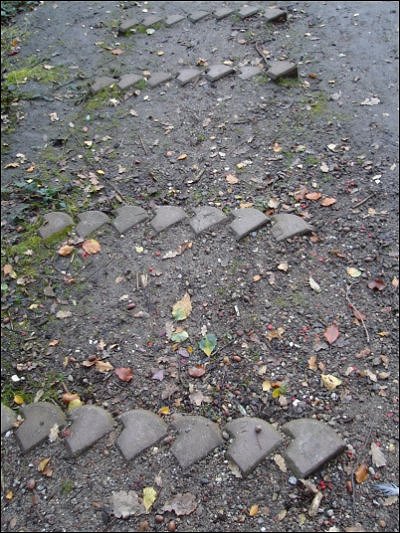
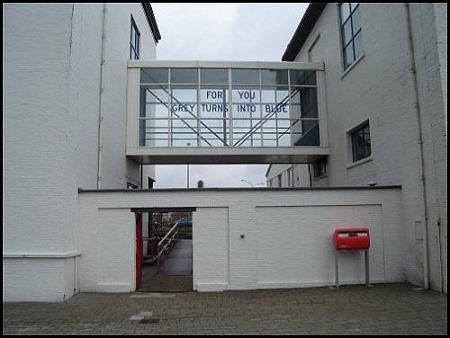

jef van kempen photos
fleursdumal.nl magazine
More in: Invisible poetry, Jef van Kempen, Jef van Kempen Photos & Drawings, Kempen, Jef van
unter
oben
c o n c e p t u a l w r i t i n g
monica richter 1988
visual & concrete poetry
kemp=mag – kempis poetry magazine
More in: *Concrete + Visual Poetry P-T, Conceptual writing, FLUXUS LEGACY, Monica Richter, Richter, Monica, Visual & Concrete Poetry

Phrases no. 3
jef van kempen
concrete & visual poetry
kempis poetry magazine
More in: *Concrete + Visual Poetry K-O, Conceptual writing, FLUXUS LEGACY, Kempen, Jef van, Visual & Concrete Poetry

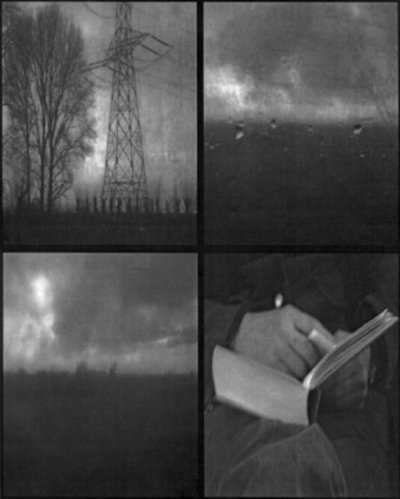
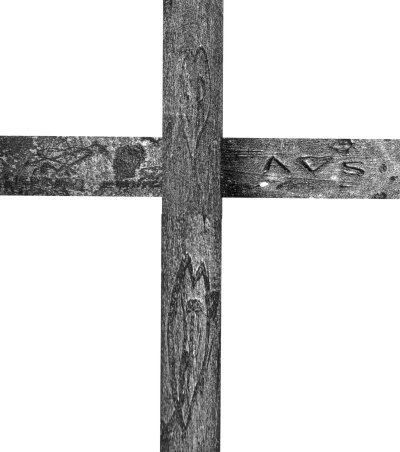
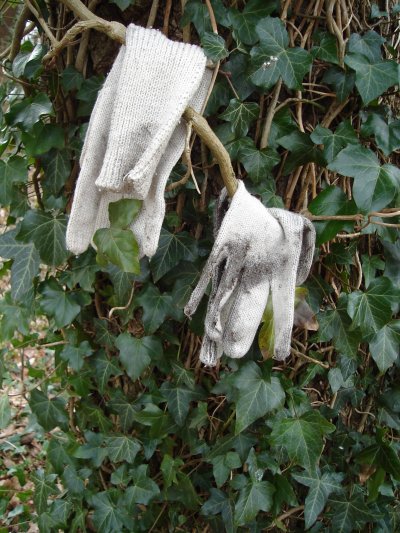
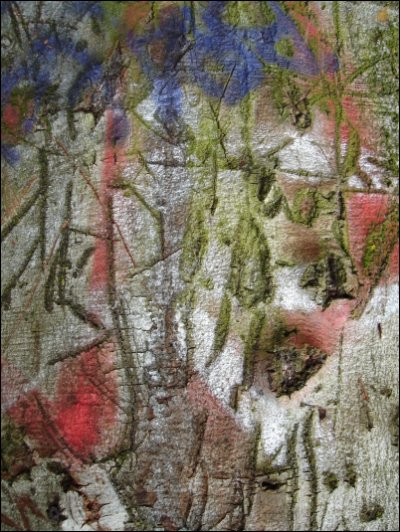
 Fata morgana
Museum of lost concepts
© jef van kempen
fleursdumal.nl magazine
Fata morgana
Museum of lost concepts
© jef van kempen
fleursdumal.nl magazine
More in: Invisible poetry, Jef van Kempen, Jef van Kempen Photos & Drawings, Kempen, Jef van
__________________________________________________
January 31, 2008
Who will believe my verse
in time to come
Who will believe my verse in time to come
If it were filled with your most high deserts?
Though yet heaven knows it is but as a tomb
Which hides your life, and shows not half your parts:
If I could write the beauty of your eyes,
And in fresh numbers number all your graces,
The age to come would say, “This poet lies,
Such heavenly touches ne’er touched earthly faces.”
So should my papers, yellowed with their age,
Be scorned like old men of less truth than tongue,
And your true rights be termed a poet’s rage,
And stretchèd metre of an antique song.
But were some child of yours alive that time,
You should live twice, in it and in my rhyme.
William Shakespeare
(1564-1616)
Sonnet 17
More in: Archive S-T, Shakespeare, William
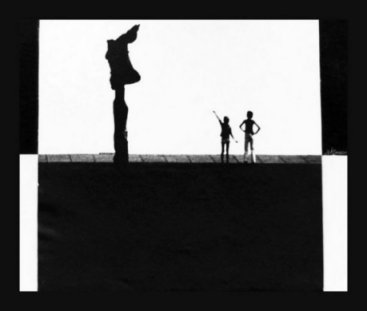
Jef van Kempen,
uit: Laatste bedrijf, gedichten 1966-2006
Concept
Geen woord teveel
overdacht hij zijn daden,
ging stil voorbij
niet gezien en
niet gewogen.
Welk kind
werd niet verwekt
met de sombere schoonheid
van de dood voor ogen?
KEMP=MAG poetry magazine
More in: Kempen, Jef van

Antony Kok (1882-1969)
Stilte + Stem
(vers in W)
Wacht
Wacht
Wacht
Wacht
Wachten
Wachten
Wek
Wak
Wek
Wak
Wachten
Wachten
Wekken
Wekken
Wek
W A A K
Antony Kok 1921
fleursdumal.nl magazine
© erven Kok
![]()
antony kok archive tilburg
www.antonykok,nl
More in: Kok, Antony
The discovery of the frozen brain
a concept

page 1
© jef van kempen
visual poetry
kempis poetry magazine
More in: *Concrete + Visual Poetry K-O, FLUXUS LEGACY, Kempen, Jef van, Spurensicherung, Visual & Concrete Poetry

Intensive care
In deze betonnen duisternis weigert
hij te ontwaken. Het is de dood die
loert en dreigt, in een flits verpletterd,
in dat ene ogenblik teveel,
om precies te zijn: gebroken glas
in zacht vlees, verminkte huid,
geblakerd, afgerukt, met harde hand
ontvreemd in een lieflijk mijnenveld.
Rest alleen: het licht dat als een
wit vlies aan de muren hangt, geluid
dat gaten maakt in zijn hoofd, de geur
van rottend bloed, opgeruimde kamers.
Ongeboren was hij op zijn best,
maar ontdaan van alle alledaagsheid,
van alle onberekenbare motieven,
wist hij nog hoe hij ooit
onder haar rok keek
en bladerde tussen haar benen
en dat alleen een vrolijke gek
de hemel zal zien.
Jef van Kempen
(Uit: Laatste bedrijf. Gedichten 1966-2006)
kemp=mag poetry magazine
More in: Kempen, Jef van

Charles BAUDELAIRE (1821-1867)
La Mort des Pauvres
C’est la Mort qui console, hélas ! Et qui fait vivre ;
C’est le but de la vie, et c’est le seul espoir
Qui, comme un élixir, nous monte et nous enivre,
Et nous donne le cœur de marcher jusqu’au soir ;
À travers la tempête, et la neige, et le givre,
C’est la clarté vibrante à notre horizon noir ;
C’est l’auberge fameuse inscrite sur le livre,
Où l’on pourra manger, et dormir, et s’asseoir ;
C’est un Ange qui tient dans ses doigts magnétiques
Le sommeil et le don des rêves extatiques,
Et qui refait le lit des gens pauvres et nus ;
C’est la gloire des dieux, c’est le grenier mystique,
C’est la bourse du pauvre et sa patrie antique,
C’est le portique ouvert sur les Cieux inconnus !
La Mort des Artistes
Combien faut-il de fois secouer mes grelots
Et baiser ton front bas, morne caricature ?
Pour piquer dans le but, de mystique nature,
Combien, ô mon carquois, perdre de javelots ?
Nous userons notre âme en de subtils complots,
Et nous démolirons mainte lourde armature,
Avant de contempler la grande Créature
Dont l’infernal désir nous remplit de sanglots !
Il en est qui jamais n’ont connu leur Idole,
Et ces sculpteurs damnés et marqués d’un affront,
Qui vont se martelant la poitrine et le front,
N’ont qu’un espoir, étrange et sombre Capitole !
C’est que la Mort, planant comme un soleil nouveau,
Fera s’épanouir les fleurs de leur cerveau !
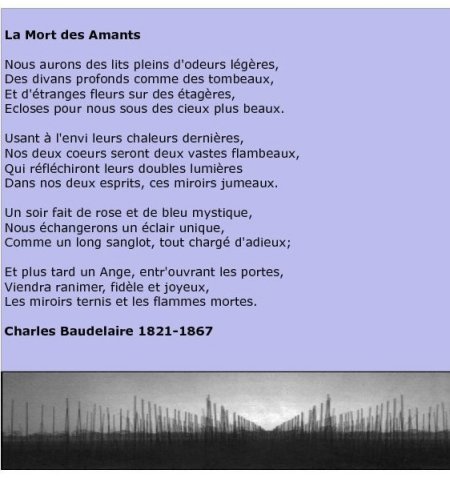
kemp=mag poetry magazine
More in: Baudelaire, Charles
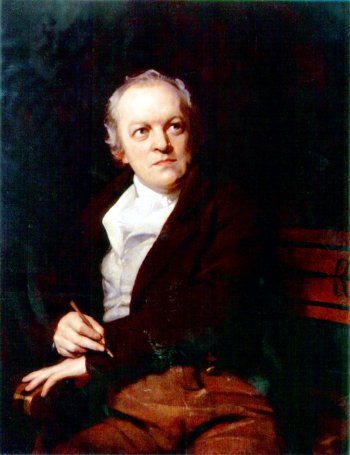
W i l l i a m B l a k e
(1757-1827)
NIGHT
The sun descending in the west,
The evening star does shine;
The birds are silent in their nest,
And I must seek for mine.
The moon, like a flower
In heaven’s high bower,
With silent delight,
Sits and smiles on the night.
Farewell, green fields and happy grove,
Where flocks have ta’en delight.
Where lambs have nibbled, silent move
The feet of angels bright;
Unseen they pour blessing,
And joy without ceasing,
On each bud and blossom,
And each sleeping bosom.
They look in every thoughtless nest
Where birds are covered warm;
They visit caves of every beast,
To keep them all from harm:
If they see any weeping
That should have been sleeping,
They pour sleep on their head,
And sit down by their bed.
When wolves and tigers howl for prey,
They pitying stand and weep;
Seeking to drive their thirst away,
And keep them from the sheep.
But, if they rush dreadful,
The angels, most heedful,
Receive each mild spirit,
New worlds to inherit.
And there the lion’s ruddy eyes
Shall flow with tears of gold:
And pitying the tender cries,
And walking round the fold:
Saying: "Wrath by His meekness,
And, by His health, sickness,
Are driven away
From our immortal day.
"And now beside thee, bleating lamb,
I can lie down and sleep,
Or think on Him who bore thy name,
Graze after thee, and weep.
For, washed in life’s river,
My bright mane for ever
Shall shine like the gold,
As I guard o’er the fold.
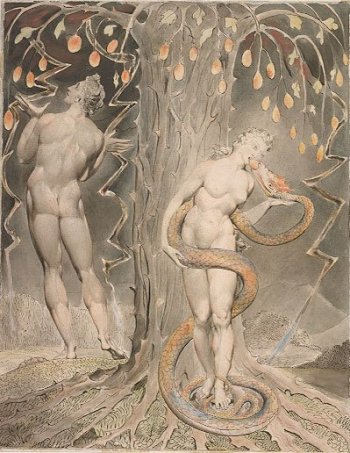
LONDON
I wandered through each chartered street,
Near where the chartered Thames does flow,
A mark in every face I meet,
Marks of weakness, marks of woe.
In every cry of every man,
In every infant’s cry of fear,
In every voice, in every ban,
The mind-forged manacles I hear:
How the chimney-sweeper’s cry
Every blackening church appalls,
And the hapless soldier’s sigh
Runs in blood down palace-walls.
But most, through midnight streets I hear
How the youthful harlot’s curse
Blasts the new-born infant’s tear,
And blights with plagues the marriage-hearse.
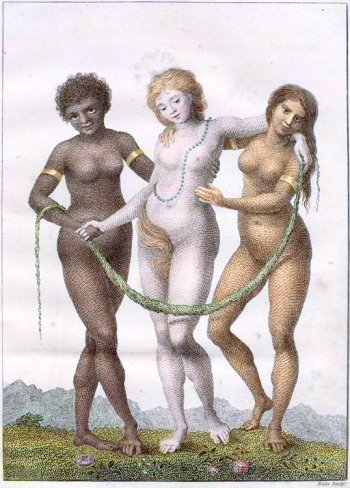
A Dream
Once a dream did weave a shade
O’er my angel-guarded bed,
That an emmet lost its way
Where on grass methought I lay.
Troubled, wildered, and forlorn,
Dark, benighted, travel-worn,
Over many a tangle spray,
All heart-broke, I heard her say:
‘Oh my children! do they cry,
Do they hear their father sigh?
Now they look abroad to see,
Now return and weep for me.’
Pitying, I dropped a tear:
But I saw a glow-worm near,
Who replied, ‘What wailing wight
Calls the watchman of the night?
‘I am set to light the ground,
While the beetle goes his round:
Follow now the beetle’s hum;
Little wanderer, hie thee home!’
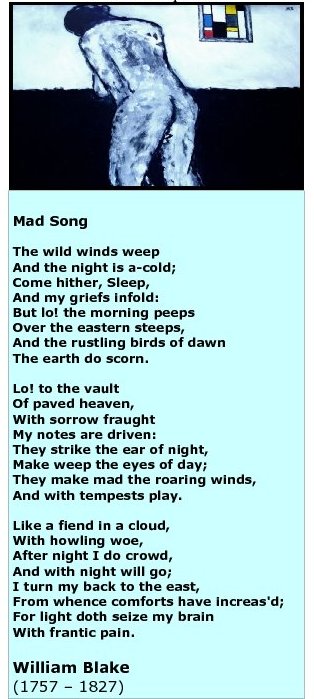
More in: Blake, William
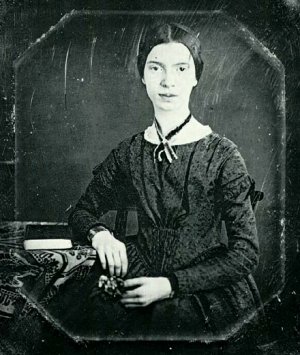
E m i l y D i c k i n s o n
(1830-1886)
FORBIDDEN FRUIT I
Forbidden fruit a flavor has
That lawful orchards mocks;
How luscious lies the pea within
The pod that Duty locks!
FORBIDDEN FRUIT II
Heaven is what I cannot reach!
The apple on the tree,
Provided it do hopeless hang,
That ‘heaven’ is, to me.
The color on the cruising cloud,
The interdicted ground
Behind the hill, the house behind, —
There Paradise is found!
DROWNING IS NOT SO PITIFUL
Drowning is not so pitiful
As the attempt to rise.
Three times, ‘t is said, a sinking man
Comes up to face the skies,
And then declines forever
To that abhorred abode
Where hope and he part company, —
For he is grasped of God.
The Maker’s cordial visage,
However good to see,
Is shunned, we must admit it,
Like an adversity.
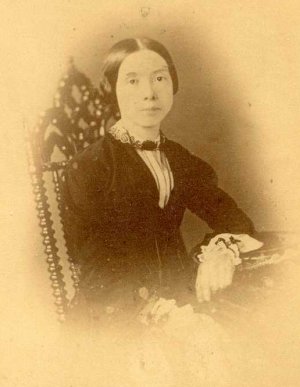
THE INEVITABLE
While I was fearing it, it came,
But came with less of fear,
Because that fearing it so long
Had almost made it dear.
There is a fitting a dismay,
A fitting a despair.
‘Tis harder knowing it is due,
Than knowing it is here.
The trying on the utmost,
The morning it is new,
Is terribler than wearing it
A whole existence through.
HEART, WE WILL FORGET HIM
Heart, we will forget him!
You and I, to-night!
You may forget the warmth he gave,
I will forget the light.
When you have done, pray tell me,
That I my thoughts may dim;
Haste! lest while you’re lagging,
I may remember him!

The Brain is wider than the Sky
The Brain—is wider than the Sky—
For—put them side by side—
The one the other will contain
With ease—and You—beside—
The Brain is deeper than the sea—
For—hold them—Blue to Blue—
The one the other will absorb—
As Sponges—Buckets—do—
The Brain is just the weight of God—
For—Heft them—Pound for Pound—
And they will differ—if they do—
As Syllable from Sound—
Emily Dickinson
(1830-1886)
More in: Dickinson, Emily
Thank you for reading Fleurs du Mal - magazine for art & literature